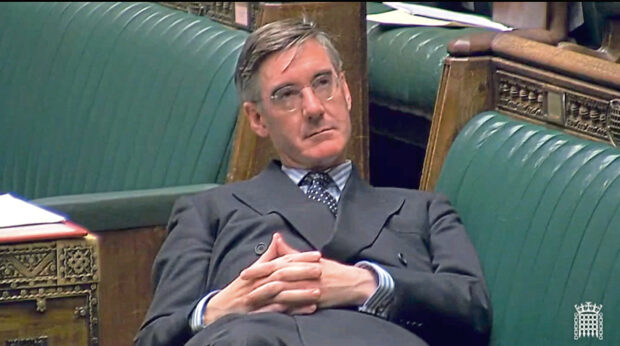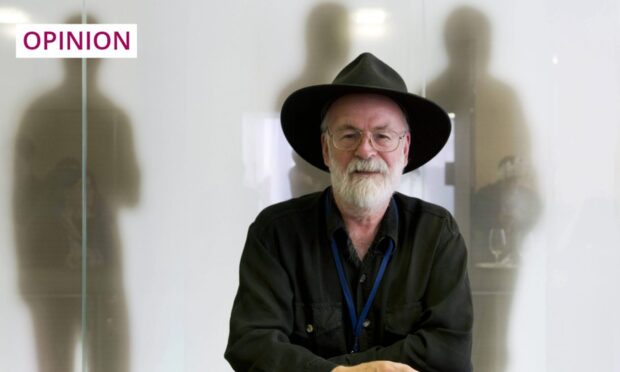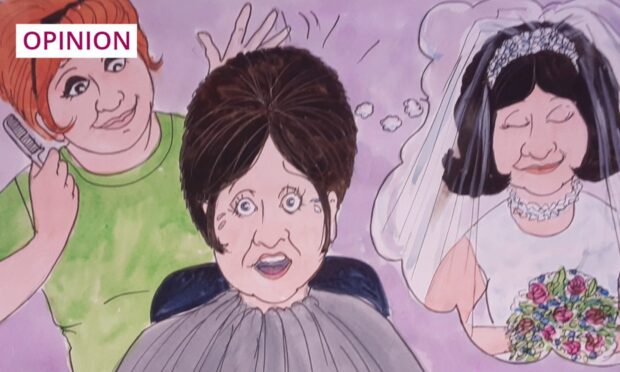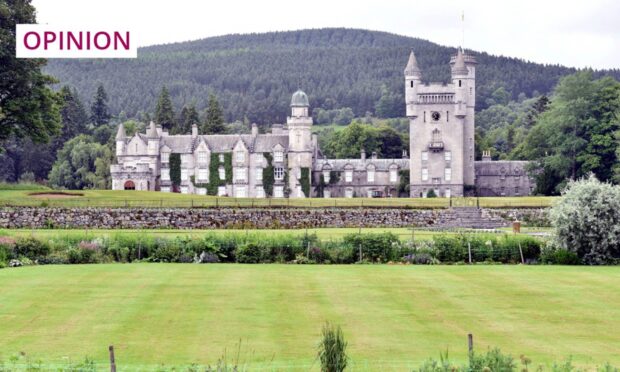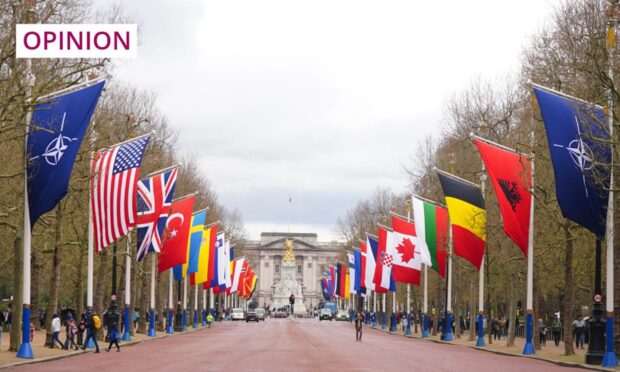The tone of English Tories towards Scotland has changed.
It is casually rude, schoolyard provocative.
This is significant. In the Commons last week Grant Shapps, a man who appears relieved he hasn’t been caught yet, took a swipe at the Scottish Government.
Answering a question in the Commons about air bridges for summer holidays to foreign countries, he suggested the scheme was being held up by Nicola Sturgeon.
“I’m very keen to get the devolved administrations, including the Scottish Government, on board so that we can get this announced,” he told the chamber sardonically.
On the same day MP Jacob Rees-Mogg said Scotland was a “region”, much as Boris Johnson had stated earlier that there was no such thing as the border. For those listening closely, something was afoot.
Did the prime minister mean England ran on to Shetland, Scotland stretched to the Channel Islands, or there was no such thing as England at all? As ever, he didn’t really mean anything, other than to provoke, much like Rees-Mogg.
The Shapps attack fell apart when it turned out even he hadn’t settled how air bridges would work, and the insults got a cameo on the news cycle before being overtaken by stuff.
That doesn’t mean they should be ignored. Rather, they should be read as a step change in Unionism.
Tory Unionists are rarely rude about Scotland outside of Mayfair clubs or country drawing rooms.
They may have referred to North Britain, told the joke about Scots whining long after the plane engines have been shut off and called us Jocks.
They may have genuinely hated Scotland’s growing antipathy to London, but they never said it in public.
Some Scot Nats believe there is nothing but insults coming their way, but it’s not supported by the facts.
Unionists by habit praise Scotland and go along with devolution, publicly.
To get involved in name-calling is new.
You can see why an English Tory might want to be rude – after all, the SNP never cease to insult Westminster – but what does it gain them?
The Tories aren’t going to improve their standing in Scotland with backchat. Being rude is not endearing, especially not to Scots.
Usually, the more powerful rarely engage with lesser threats. Downing Street getting down and dirty with Nicola Sturgeon lends her status. Tactically, it appears a mistake.
Perhaps we can put it down to Bojo’s kind of people. Thoughtless condescension comes naturally to them.
But some of it comes from a new attitude to the British question. These Tories, at heart, are not real Unionists.
They have a concept of England and of Britain, but don’t ultimately care for the distinctive nature of the other nations.
If Brexit means selling out to the Northern Irish Unionists, so be it. That’s certainly how the customs border solution appears at the moment.
If it means riding over protocols and devolution to get a more centralised Britain, just do it. Michael Gove is heading this way with his plans for a UK internal market.
This is not a UK Government bound by conventions or old-fashioned Tory respect. Rather, it is a radical force set on reinventing Britain as a muscular England.
The language betrays this.
Yet it’s to no political gain to admit all this to Scotland or Wales and Northern Ireland. Which is the alarming aspect.
These Tories are not trying to appeal to voters outwith England. Instead, their aim is to stoke a sense that England is the aggrieved party.
The only voters won over by insults to Scotland are English nationalists.
Which in turn suggests a United Kingdom is not a Bojo Tory priority. We can all come along for the post-Brexit ride, but only if we agree to the London rules.
If we don’t, we can moan all we like but the Brexit gang don’t care.
This presents a nightmare for Scottish Unionists: How to hold political gains when colleagues in Westminster don’t care?
The otherwise competent Jackson Carlaw is undone by this sneering tone from the Home Counties.
Which suggests the Johnson, Gove, Cummings view of the future factors in permanent Tory failure in Scotland.
Why bother trying to win at Holyrood when you can just control things from Westminster?
Nats may want to get upset about all this, as they usually do, but it would miss the point.
This shift indicates Downing Street is prepared to play hardball to set English/British nationalism against Scottish nationalism in a manner never previously considered.
To date the SNP have often had the constitutional playground to themselves.
It’s a different matter when the bullies are looking for a fight. If they are of a mind to, then Downing Street, Westminster and Whitehall can easily overpower Edinburgh.
Maybe that will further boost support for independence, already lifted by the contrast in Covid leadership styles between Sturgeon and Johnson.
But it would also mean constitutional change against a more hostile background than previously envisaged.
A process not of Scottish independence, but of English assertion.
That’s a whole new game, and it won’t stop at insults.
